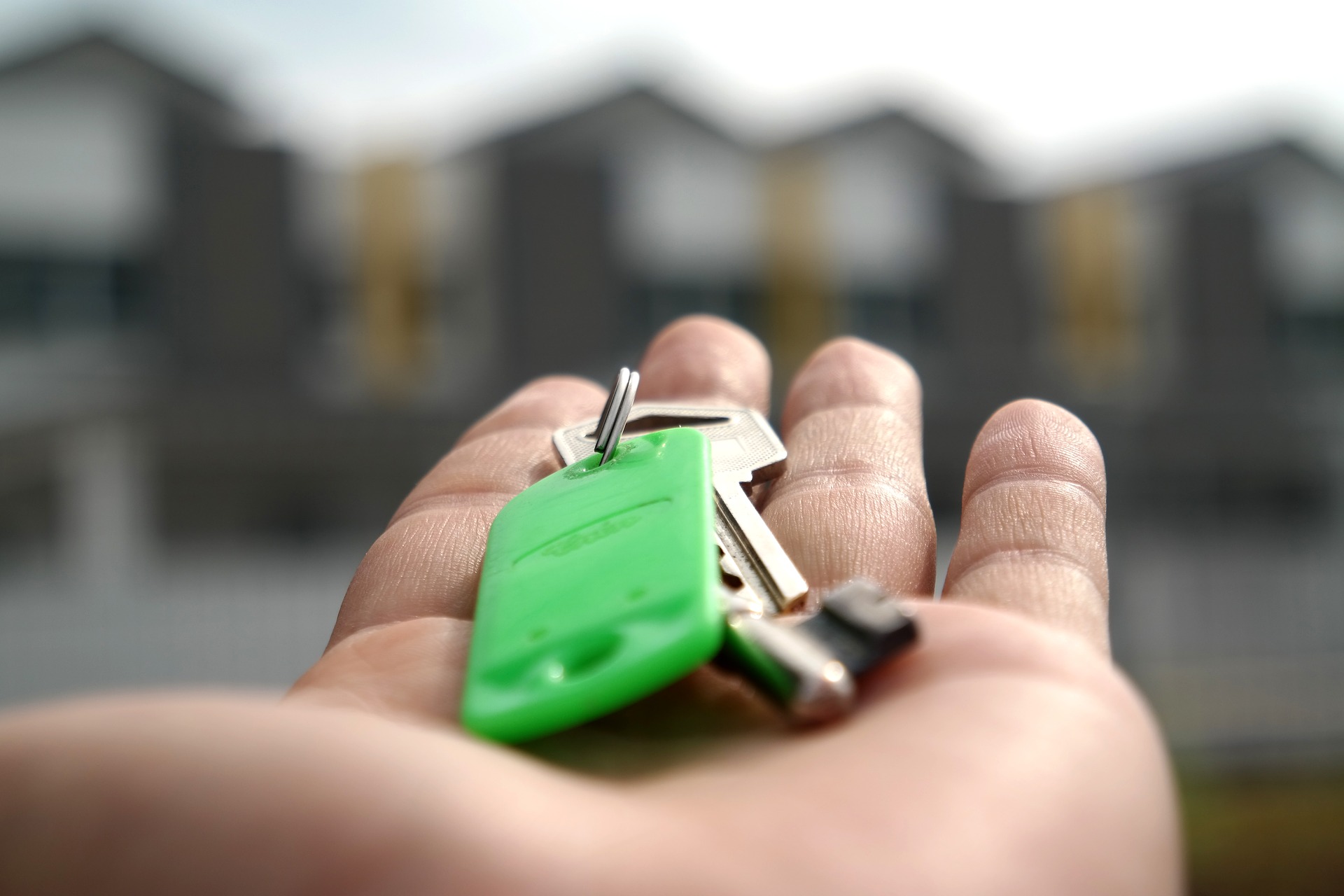Divorce and sell your house in a divorce. Sometimes you have no other choice and there are really no other options. If your personal situation shows that you cannot take over the mortgage on your own or if you prefer to make a new start in a new home and environment, you can offer the communal home for sale. In this article you can read more about a number of topics surrounding selling your house in the event of a divorce, which we have listed for you and which you can take into account.
Additional loan scheme: Putting equity in a new house
Did you sell your house well? Do you have money left over after the sale when the mortgage has been paid off? Has a nice surplus value been realized after the house has been sold? If this is the case, it is important to use the equity for the purchase of your new home. This is regulated by law in accordance with the additional loan scheme. If you do not put the equity in your new home, the mortgage interest of the piece relating to this part of the equity is not tax deductible. The mortgage interest is then deductible on the purchase price of the house minus the so-called owner-occupied home reserve, the equity of your old house and, if applicable, previous equity.
Do not sell? Buy out partners!
When you are going to sell a house in a divorce, it is important to start with a good valuation. On the basis of a realistic valuation of the house, it will become clear whether the house has an equity value or a negative value. In the event of a positive or negative result when the house is sold, the value will have to be divided between both partners. Buying out one partner by the other is only the case if there is a partner who wants to continue living in the house after the divorce. To make this possible, the permanent partner will often take out an (additional) mortgage and the departing partner will be discharged from joint and several liability.
The mortgage interest on the mortgage for buying out the partner is tax deductible. The tax authorities will, however, take the buy-out sum in connection with the additional loan scheme into account for the next five years. As a result, you will have to put the equity in a new house for up to five years after buying out your ex-partner if you want to be able to continue to deduct the mortgage interest. An exception to this situation is if you both continue to pay the mortgage interest, the interest is tax deductible for another two years. In this situation, one of the partners continues to live in the house and the departing partner declares the house for the notional rental value.
Transfer tax
When the house is for sale and during this period the house continues to be occupied by, there is of course no transfer of ownership. As a result, you do not yet have to pay transfer tax. A deed of division will have to be drawn up by the notary.
Gaslight
A contract for gas and light is never in the name of a house. When you are going to sell the house in the event of a divorce, it is important to know whether you want to continue, stop or have the agreement transferred to your name. It can be useful to review the energy contract with the help of an independent energy comparator. That way you can often save and get a better energy contract.
Bliss Mortgage Advisers is happy to assist you with divorce. Would you like to know more or do you need advice and information about selling your house in the event of a divorce? Divorce is a good time to make a new financial plan for your future. Make an appointment without obligation for an introduction to a Bliss mortgage advisor.







